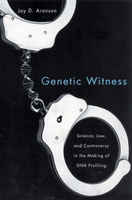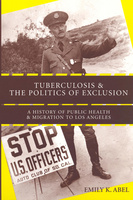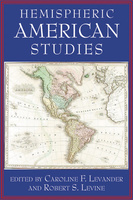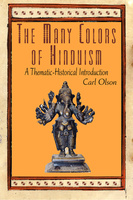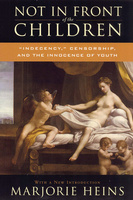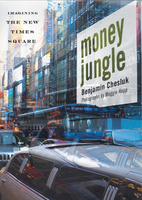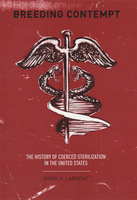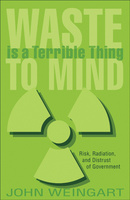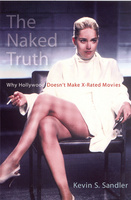Genetic Witness
Science, Law, and Controversy in the Making of DNA Profiling
Yet, this promise took ten turbulent years to be fulfilled. In Genetic Witness, Jay D. Aronson uncovers the dramatic early history of DNA profiling that has been obscured by the technique’s recent success.
Tuberculosis and the Politics of Exclusion
A History of Public Health and Migration to Los Angeles
Abel’s revealing account provides a critical lens through which to view both the contemporary debate about immigration and the U.S. response to the emergent global tuberculosis epidemic.
Hemispheric American Studies
The Many Colors of Hinduism
A Thematic-Historical Introduction
The Many Colors of Hinduism is the first introductory text to provide a balanced view of this rich religious tradition, acknowledging the full range of its many competing and even contradictory aspects. Utilizing a thematic-historical approach, Carl Olson draws on a wide array of textual evidence, the fieldwork of anthropologists in close contact with insiders, and voices of thinkers ranging from Indologist Alf Hiltebeitel to Cambridge scholar Julius Lipner. The result is a narrative approach that offers a view of Hinduism that emulates the storytelling nature of the religion itself.

